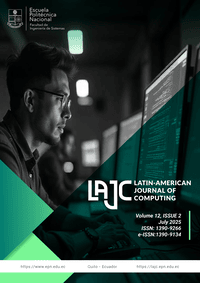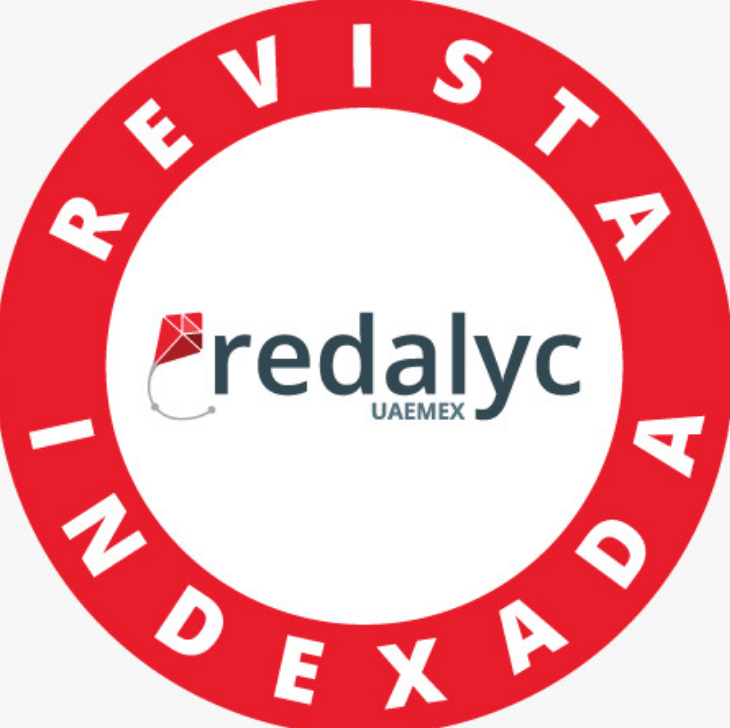Cloud Computing in Ecuadorian Higher Education: A Case Study on Use, Benefits, and Challenges at UTEQ
Keywords:
Cloud computing, higher education, digital transformation, educational innovationAbstract
Digital transformation continues to reshape higher education, with cloud computing emerging as a key enabler of enhanced accessibility, collaboration, and academic management. This study investigates the use of cloud computing in Ecuadorian universities by identifying its benefits, barriers, and opportunities through a survey of key stakeholders in the education system. A quantitative approach was employed using a structured questionnaire to collect data on participants’ knowledge levels, tools used, perceived advantages, challenges, and expectations. The main benefit identified was accessibility from any location (92%), followed by enhanced collaboration (73%) and the modernization of educational practices (43%). The primary challenges included lack of training (67%), limited connectivity (58%), associated costs (46%), and concerns about data security and privacy (34%). These findings underscore the need to strengthen technological infrastructure and provide targeted training to optimize the effective use of cloud computing. Regarding future perspectives, 71% of respondents advocated for greater integration into teaching and learning, while 64% suggested expanding its use across academic and administrative domains. Cloud computing represents a strategic asset for Ecuadorian higher education. However, its full adoption requires addressing infrastructure and capacity-building challenges through policies that promote collaboration, innovation, and the efficient management of institutional resources.
Downloads
Published
Issue
Section
License
Copyright Notice
Authors who publish this journal agree to the following terms:
- Authors retain copyright and grant the journal right of first publication with the work simultaneously licensed under a Creative Commons Attribution-Non-Commercial-Share-Alike 4.0 International 4.0 that allows others to share the work with an acknowledgement of the work's authorship and initial publication in this journal.
- Authors are able to enter into separate, additional contractual arrangements for the non-exclusive distribution of the journal's published version of the work (e.g., post it to an institutional repository or publish it in a book), with an acknowledgement of its initial publication in this journal.
- Authors are permitted and encouraged to post their work online (e.g., in institutional repositories or on their website) prior to and during the submission process, as it can lead to productive exchanges, as well as earlier and greater citation of published work.
Disclaimer
LAJC in no event shall be liable for any direct, indirect, incidental, punitive, or consequential copyright infringement claims related to articles that have been submitted for evaluation, or published in any issue of this journal. Find out more in our Disclaimer Notice.











